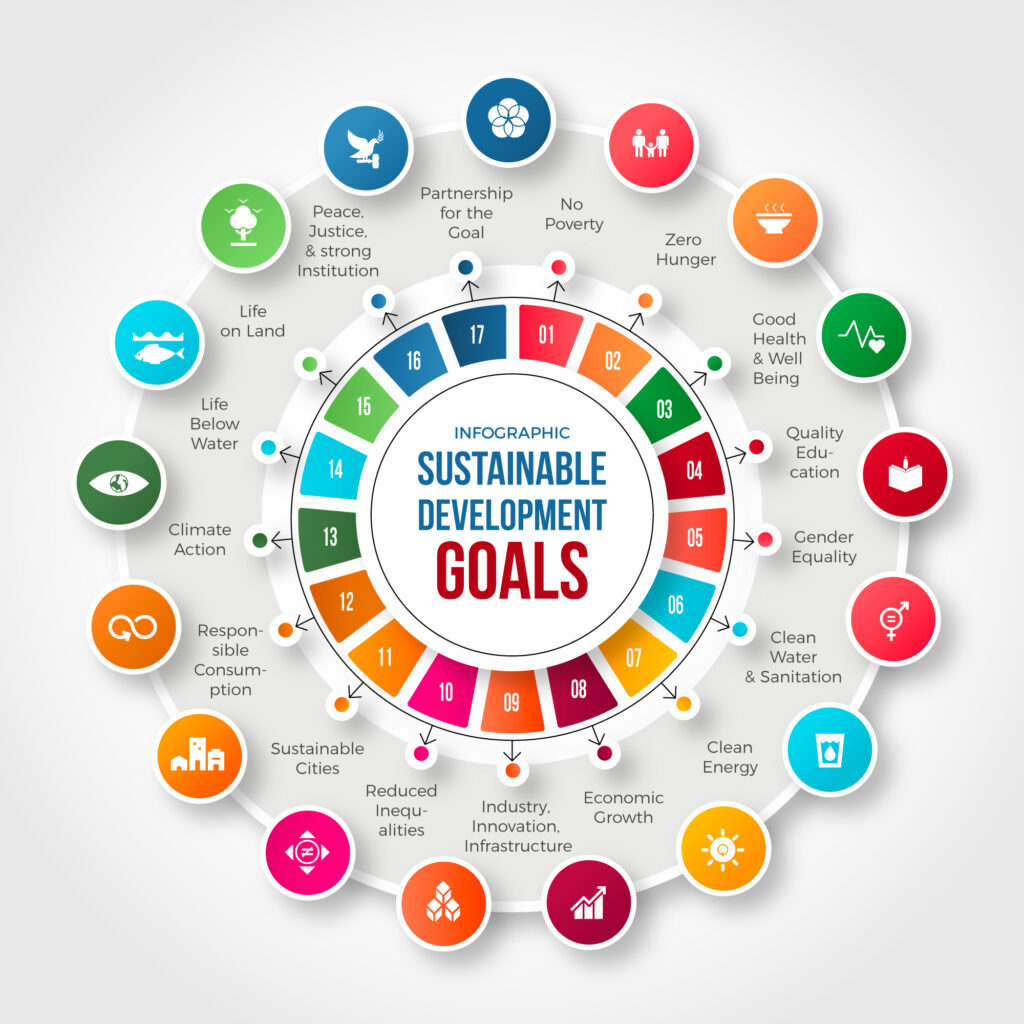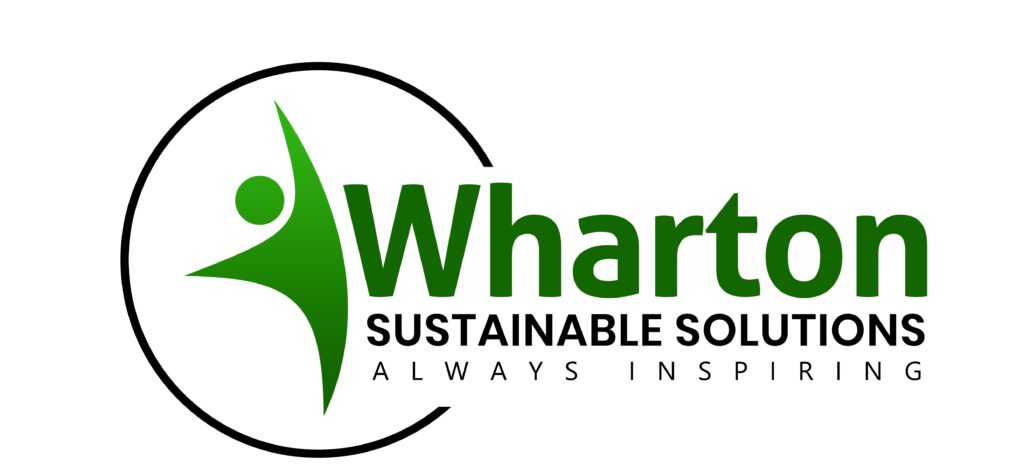Request a call back
Climate Change: From learning to action
Think, Learn, Act Climate!
The course helps you understand what climate change is, how it affects you and others, and what can be done to address it. After completing the course, participants will be able to answer the following:
• What is climate change?
• How do we adapt to the negative impacts of climate change?
• What opportunities exist for a low carbon future?
• How do we plan and finance climate actions?
• How do climate negotiations work?
Participants will also develop a concrete action plan or project to tackle climate change!
Duration: Half day/Full day
Training Mode: Face to Face/ Virtual
Scope: Training content, Delivery, Awarding Certificate


Indicators for inclusive green economy
The training explores the conceptual underpinning of the GEP Measurement Framework and how it contributes to the “beyond GDP” measurement agenda. Firstly, it explains how progress (or regress) on a single indicator can be measured and how these indicators can be combined into the GEP Index with its weighting system. Secondly, it describes how to measure progress on a Dashboard of Sustainability and how to combine this information with the GEP Index to create a system for ranking countries that is informative to policymakers.
After completing the course, participants will be able to:
• Illustrate the concepts, methodology and application of the GEP Measurement Framework
• Select indicators for a customized country application and interpret relevant results
• Explain how countries’ progress can be compared in a global application of the GEP Measurement Framework
• Duration: Half day/Full day
• Training Mode: Face to Face/ Virtual
• Scope: Training content, Delivery, Awarding Certificate
Waste Management:
If your business wants to improve the way that it handles its waste then you can benefit from waste management training.
Taking a course in managing or minimising waste can help you identify ways to improve your existing practices. Training can inform and motivate your staff, which in turn can help boost the overall efficiency of your business.
There are a range of basic courses that can help you and your employees to handle waste more effectively. Professional qualifications are offered by many organisations and cover some of the following topics:
• handling hazardous waste (following health and safety guidelines, keeping dangerous waste secure)
• collecting waste (storing it safely, sorting it for recycling)
• implementing environmental management systems (improving your overall processes in order to reduce waste and lessen your environmental impact)
Courses covering these topics range from short one or two-day seminars aimed at beginner businesses that are hoping to improve their production processes and reduce waste, to more in-depth tuition designed for firms planning to specialise in aspects of waste disposal and recycling


Decarbonisation of process
‘Decarbonisation’ tends to refer to the process of reducing ‘carbon intensity’, lowering the amount of greenhouse gas emissions produced by the burning of fossil fuels. Generally, this involves decreasing CO2 output per unit of electricity generated. Reducing the amount of carbon dioxide occurring as a result of transport and power generation is essential to meet global temperature standards set by the Paris Agreement and UK government.
Following the prioritisation of decarbonisation outlined in the Paris Agreement, the UK government committed to achieving net zero greenhouse gas emissions by 2050. After Parliament’s declaration of a climate emergency, the Committee on Climate Change recommended that achieving this net zero was not only feasible but also necessary and cost-effective. Rapid decarbonisation is becoming more necessary as the transport sector becomes electrified, increasing the demand for electric power. Greater energy efficiency is therefore becoming a priority to meet emission targets and improve air quality and global temperature.
Our training programme will help you to make strategies to minimize your carbon footprint and helps your organization to comply with Paris agreement.
• Duration: Half day/Full day
• Training Mode: Face to Face/ Virtual
• Scope: Training content, Delivery, Awarding Certificate
UN sustainable goals for corporates
The Sustainable Development Goals (SDGs) or Global Goals are a collection of 17 interlinked global goals designed to be a “blueprint to achieve a better and more sustainable future for all”.[1] The SDGs were set up in 2015 by the United Nations General Assembly (UN-GA) and are intended to be achieved by 2030. They are included in a UN-GA Resolution called the 2030 Agenda or what is colloquially known as Agenda 2030.[2] The SDGs were developed in the Post-2015 Development Agenda as the future global development framework to succeed the Millennium Development Goals which ended in 2015.
The 17 SDGs are: (1) No Poverty, (2) Zero Hunger, (3) Good Health and Well-being, (4) Quality Education, (5) Gender Equality, (6) Clean Water and Sanitation, (7) Affordable and Clean Energy, (8) Decent Work and Economic Growth, (9) Industry, Innovation and Infrastructure, (10) Reduced Inequality, (11) Sustainable Cities and Communities, (12) Responsible Consumption and Production, (13) Climate Action, (14) Life Below Water, (15) Life On Land, (16) Peace, Justice, and Strong Institutions, (17) Partnerships for the Goals.
Our training programs throw lights on how your organization may meet the SDG set by united nation.
• Duration: Half day/Full day
• Training Mode: Face to Face/ Virtual
• Scope: Training content, Delivery, Awarding Certificate


Environment , Social governance (ESG)
Responsible investing has seen a growth in interest from investors in recent years. Investors are increasingly looking for funds that offer environmental, social and governance (ESG) factors, which enhance the value of a fund’s performance. This introductory course reviews the key motivations behind the increased awareness of ESG investing and the risks and challenges this presents.
Environmental, social, and governance (ESG) criteria are a set of standards for a company’s operations that socially conscious investors use to screen potential investments. Environmental criteria consider how a company performs as a steward of nature. Social criteria examine how it manages relationships with employees, suppliers, customers, and the communities where it operates. Governance deals with a company’s leadership, executive pay, audits, internal controls, and shareholder rights.
KEY TAKEAWAYS
• Environmental, social, and governance (ESG) criteria are an increasingly popular way for investors to evaluate companies in which they might want to invest.
• Many mutual funds, brokerage firms, and robo-advisors now offer products that employ ESG criteria.
• ESG criteria can also help investors avoid companies that might pose a greater financial risk due to their environmental or other practices.
• Duration: Half day/Full day
• Training Mode: Face to Face/ Virtual
• Scope: Training content, Delivery, Awarding Certificate
